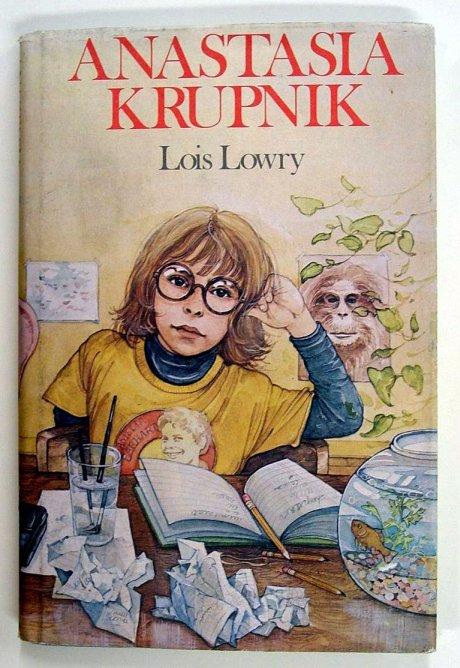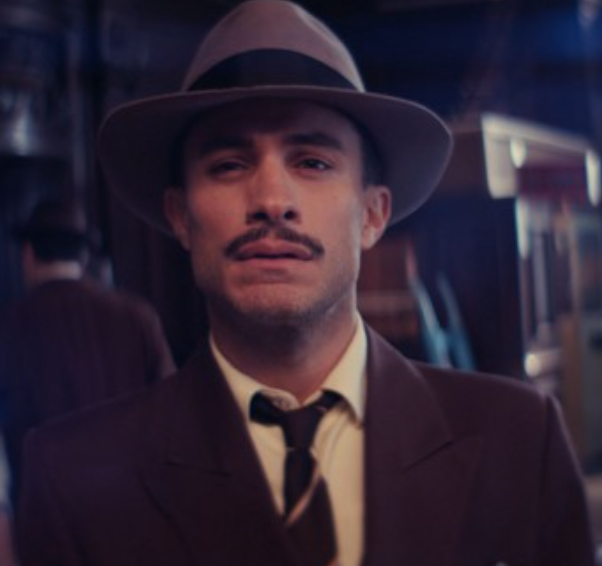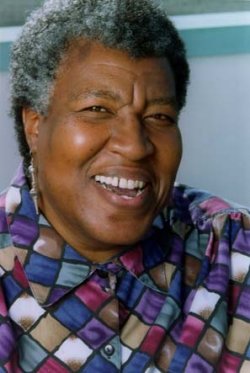 I recently reread a Young Adult series I loved when growing up. A more lighthearted offering from The Giver author Lois Lowry, these books focus on Anastasia Krupnik, a 1980s Newton, Massachusetts, tween whose mother is a painter, father is a poetry professor, and toddler brother already reads and speaks in carefully parsed sentences. Anastasia is kind, idiosyncratic, and funny, and she wrangles with moral dilemmas and the indignities of adolescence with a nerdy charisma that, at the ripe old age of (number redacted), I still find irresistible. Anastasia is also white.
I recently reread a Young Adult series I loved when growing up. A more lighthearted offering from The Giver author Lois Lowry, these books focus on Anastasia Krupnik, a 1980s Newton, Massachusetts, tween whose mother is a painter, father is a poetry professor, and toddler brother already reads and speaks in carefully parsed sentences. Anastasia is kind, idiosyncratic, and funny, and she wrangles with moral dilemmas and the indignities of adolescence with a nerdy charisma that, at the ripe old age of (number redacted), I still find irresistible. Anastasia is also white.
I mention this fact because the only time race is mentioned in this book series is when someone is not white. The example that most stands out is the character of Henry in Anastasia’s Chosen Career, the seventh book in this series. Henry is a tall female student in the modeling course Anastasia takes while casting about for a career (age thirteen being high time to figure out what you’re doing with the rest of your life, apparently). A live-wire from the Boston neighborhood of Dorchester, Henry often says what Anastasia only thinks. She is also black. We know this because it’s specifically stated in her first appearance in the book, though she does not often speak in what could be coded as a black vernacular. Because Anastasia may not have many friends of color, Henry’s race may indeed be noteworthy to her although the two girls find everything about each other’s lives fascinating and foreign. But the minute that Henry is labeled black while other, presumably nonblack characters are not assigned a race, we suddenly realize Anastasia’s world is, by default, white. In that one swoop, the book’s Eden is destroyed, and readers are denied a freedom of imagination as well as a freedom of identification. Continue Reading →


